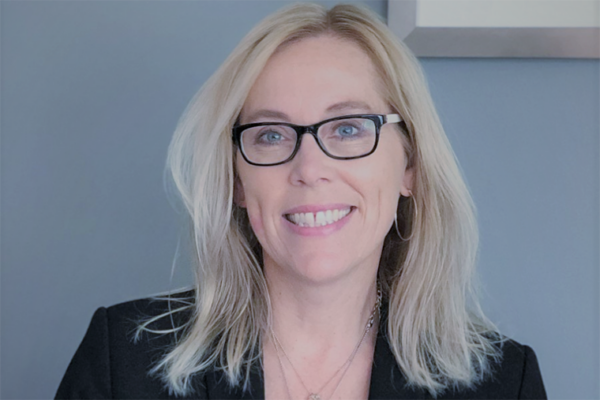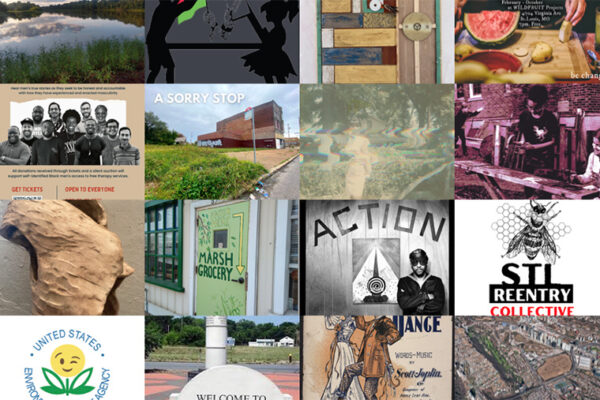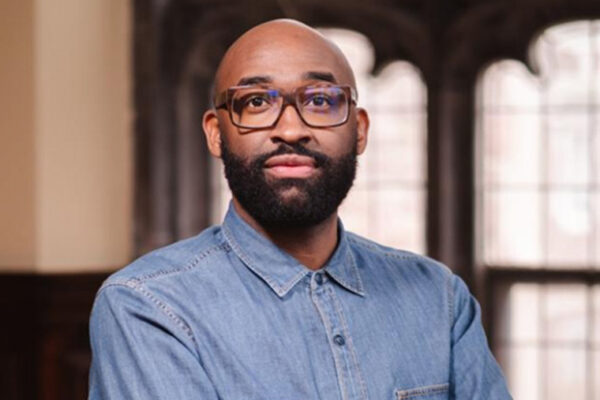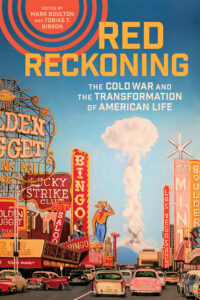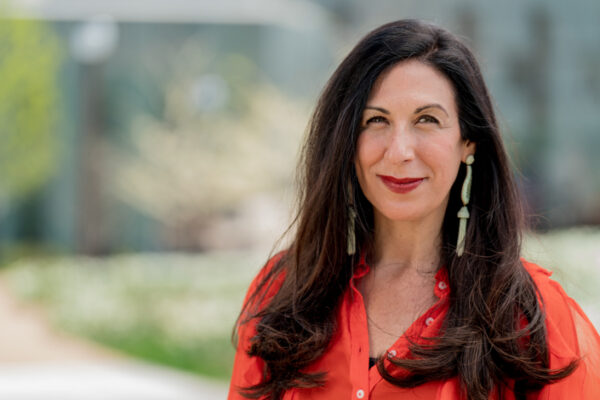Brantmeier to serve on national Fulbright committee
Cindy Brantmeier, a professor of applied linguistics in Arts & Sciences at WashU, will serve on the national screening committee for the Fulbright U.S. Student Program.
Being Asian American
What does it mean to be Asian American? This book highlights challenges Asian American children face and offers an avenue for them to explore issues around racial and cultural identity.
The Engaged City initiative to launch
This fall, WashU will launch The Engaged City. Building on the long-running Divided City initiative, and funded in part by a $500,000 grant from the Mellon Foundation, The Engaged City aims to highlight St. Louis’ cultural resources.
‘An amazing story’
Gerald Early, who served as a curatorial consultant for a new exhibit on Black baseball at the Baseball Hall of Fame in Cooperstown, discusses The Souls of the Game.
Critical Theories of Anti-Semitism
Despite its persistence and viciousness, anti-Semitism remains undertheorized in comparison with other forms of racism and discrimination. How should anti-Semitism be defined? What are its underlying causes?
Fenderson wins Mellon New Directions Fellowship
Jonathan Fenderson, an associate professor of African and African American studies in Arts & Sciences at Washington University in St. Louis, has won a 2024 New Directions Fellowship from the Andrew W. Mellon Foundation.
Millennial Jewish Stars
Navigating Racial Antisemitism, Masculinity, and White Supremacy
A case study by Jonathan Branfman, AB ’06, on six young Jewish entertainers and what their success reveals about race, gender, and antisemitism in America.
Red Reckoning
The Cold War and the Transformation of American Life
Though it ended more than thirty years ago, the Cold War still casts a long shadow over American society. Red Reckoning examines how the great ideological conflict of the twentieth century transformed the nation and forced Americans to reconsider almost every aspect of their society, culture, and identity.
Study highlights importance of caregiver well-being in Uganda
A group-based curriculum called Journey of Life — delivered over 12 sessions in the Kiryandongo refugee settlement in Uganda — led to improvements in mental health, social support, parental warmth and attitudes around violence against children, finds a new study from the Brown School.
Jollof Rice With Grandma
Cook along with Ada and her Grandma as they make Jollof Rice! In this book, Ada is a 6 year old girl who loves cooking and learning. She is part of an international family. Her grandparents are visiting from Nigeria and she is very excited! Her Grandmother has promised to cook a popular dish enjoyed by millions!
Older Stories
